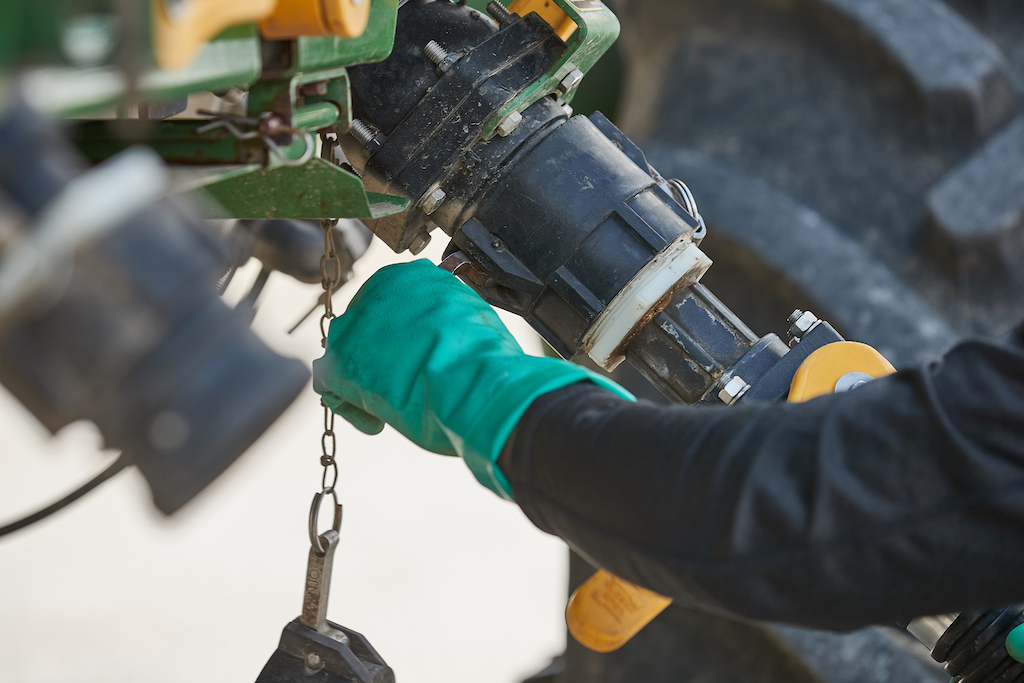Capreno Herbicide
HerbicideCapreno® Herbicide postemergence herbicide defends against tough weeds with excellent residual control, ensuring an amazingly clean finish.
Approved In
AL, AR, AZ, CA, CO, CT, DE, FL, GA, HI, IA, ID, IL, IN, KS, KY, LA, MA, MD, ME, MI, MN, MO, MS, MT, NC, ND, NE, NH, NJ, NM, NY, OH, OK, OR, PA, RI, SC, SD, TN, TX, UT, VA, VT, WA, WI, WV, WYLabels / Safety Data Sheets (MSDS)
Additional Downloads
